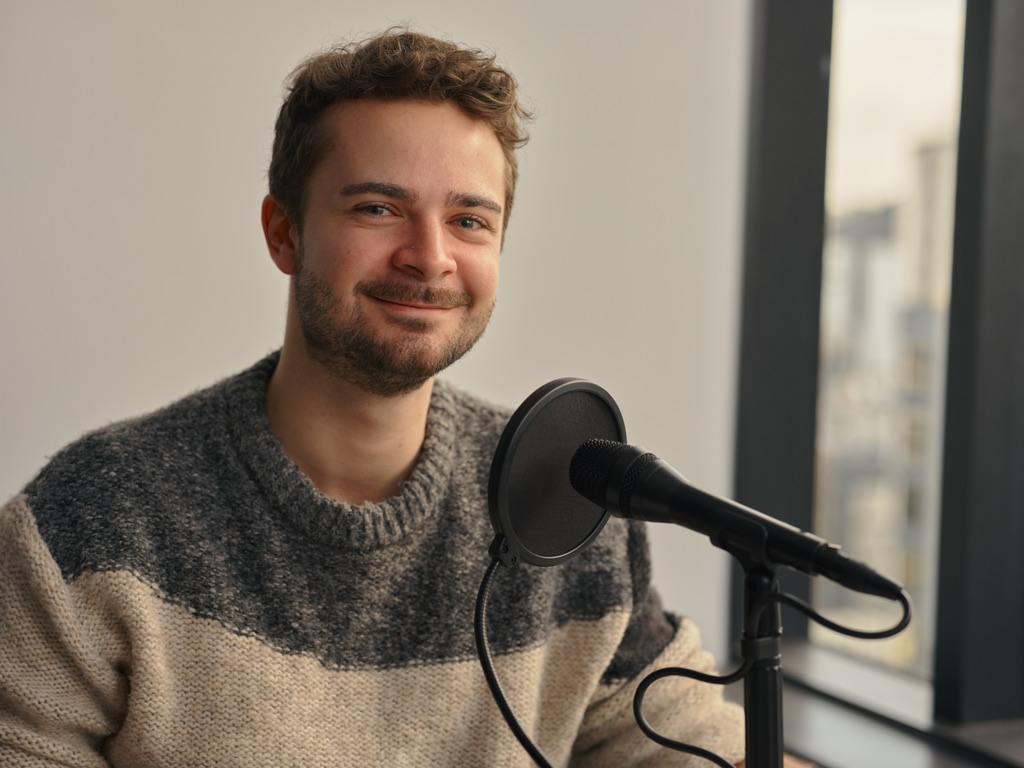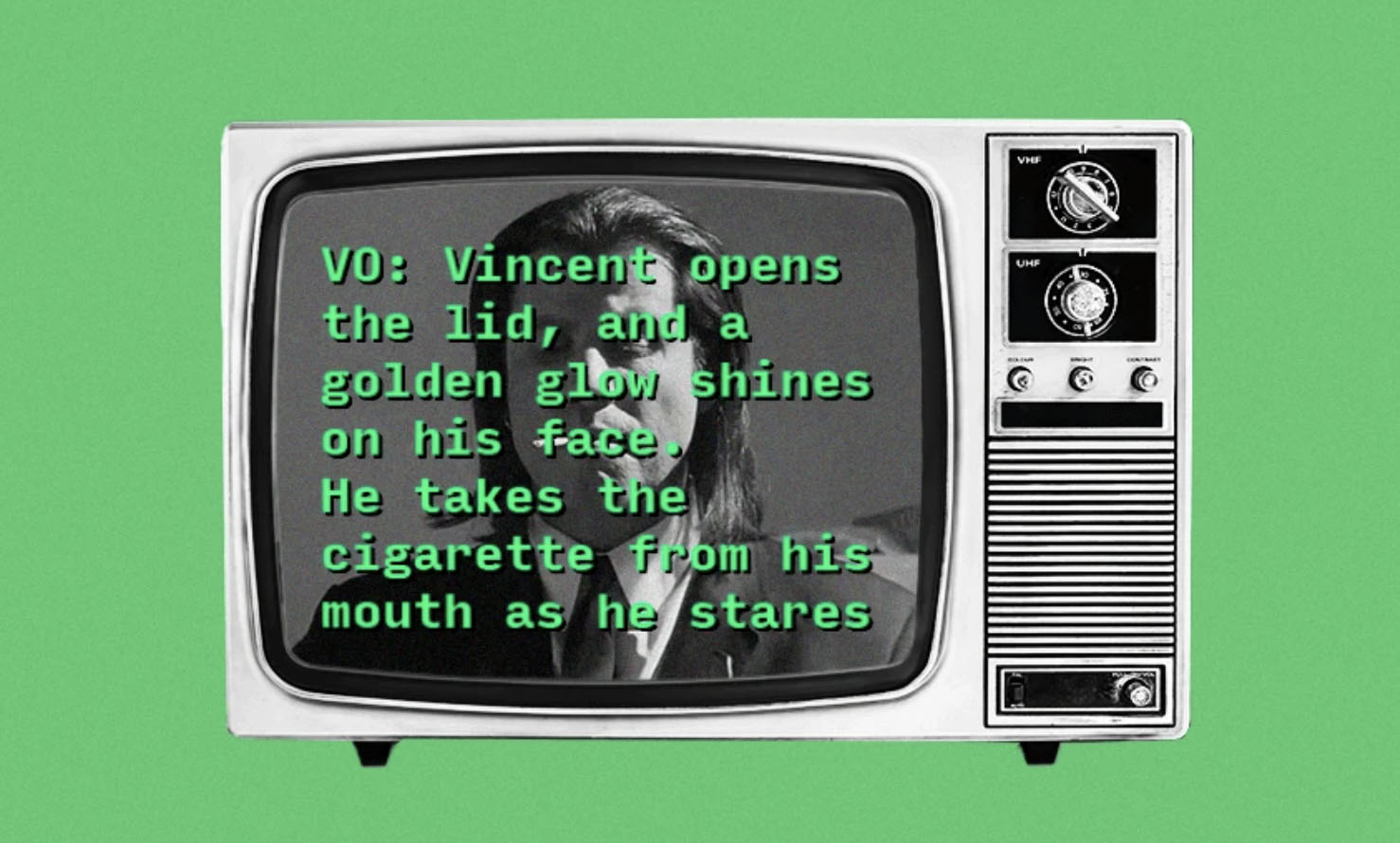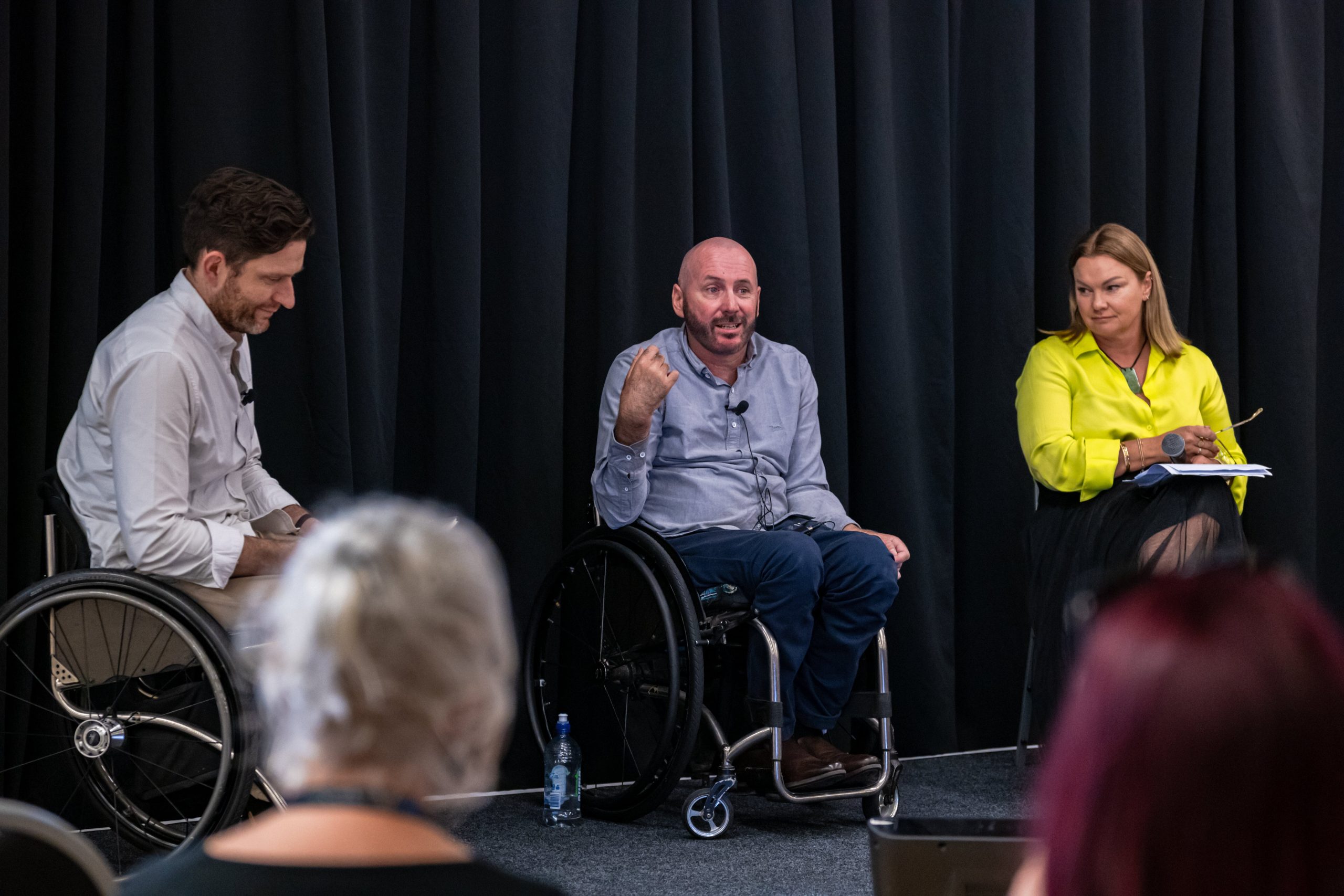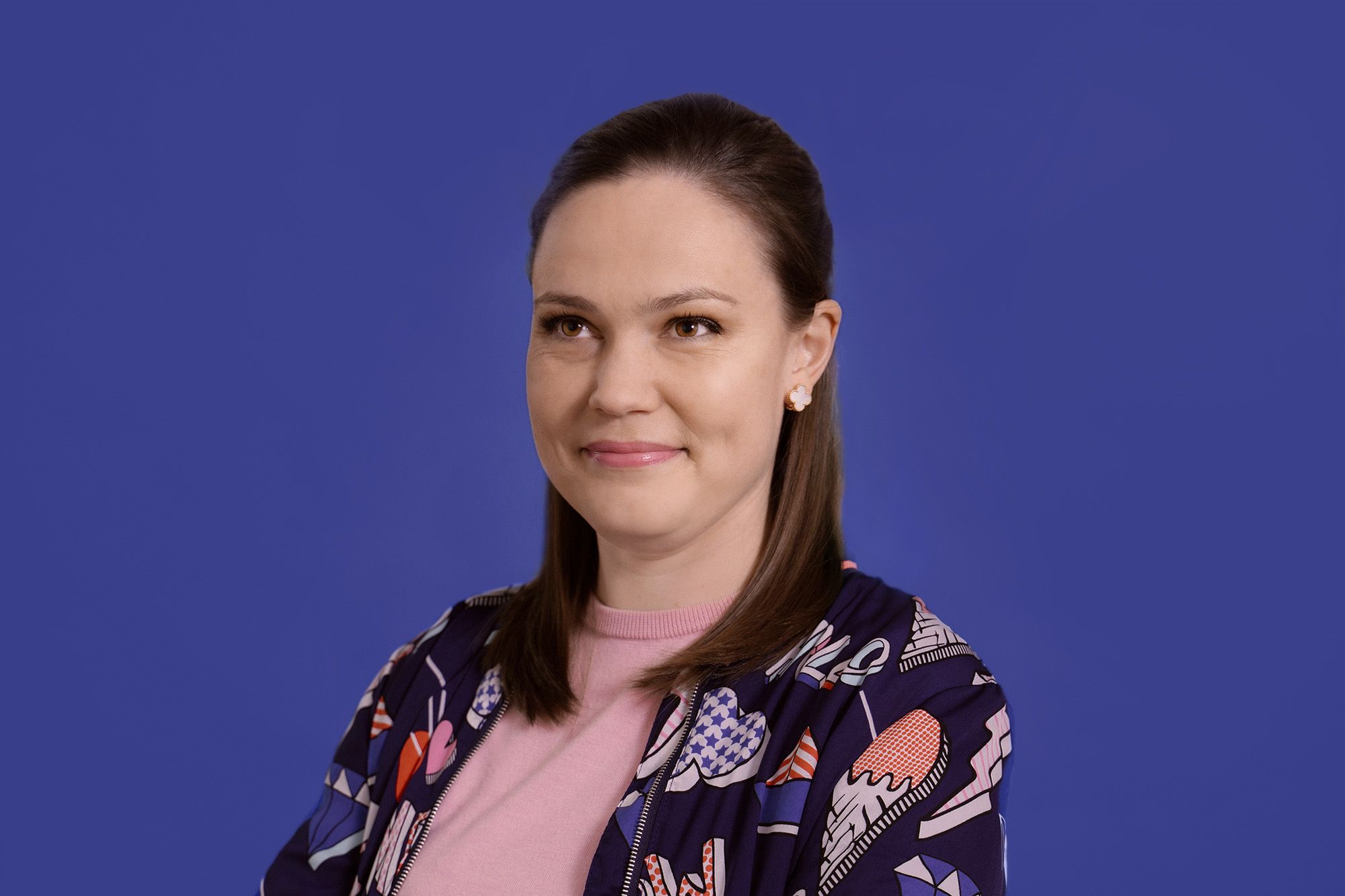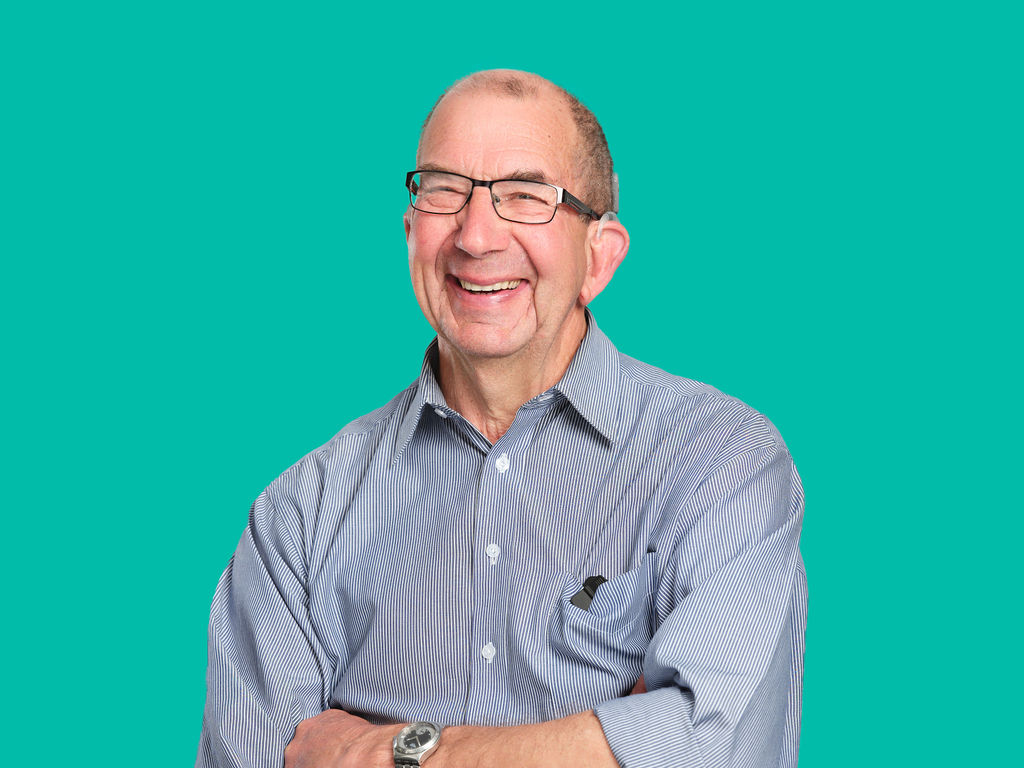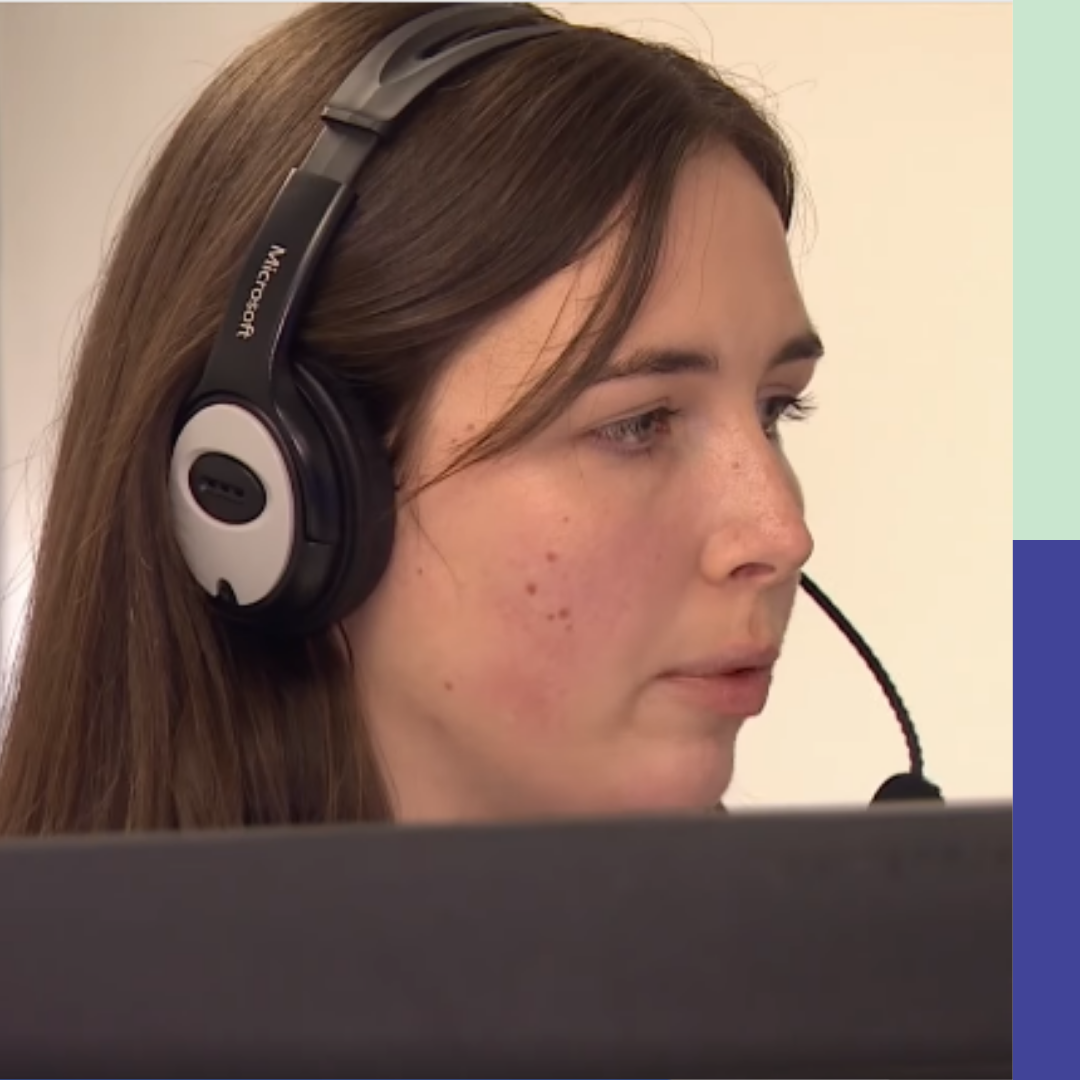
Kia ora Steffi, tell us a bit about yourself?
I studied a Bachelor of Arts degree with a major in English, and then a postgraduate diploma in Publishing in Wellington. I’ve loved books and words since I can remember, and I knew I wanted to be working with language in some way. There’s something really liberating about working with words – they can be sharp or soft and convey the same meaning in such different ways; there isn’t one right way.
That drew me to work at Penguin Random House as Editing and Publishing Assistant, where I worked across so many different elements of book-making, from cookbook photography shoots to proofreads, reprints and everything in between. It was a really inspiring time. Some highlights were working as a producer on Scotty Morrison’s audiobook for Māori Made Easy, and co-project managing Vincent O’Sullivan’s biography, Ralph Hotere: The Dark is Light Enough, which then won the General Non-Fiction Award at the Ockhams in 2021. It’s been so magical to see it out in the world.
After a stint at Penguin Random House, my love of words and grammar, and the attention to detail that you develop from working in Publishing took on a new application, and I now work as a Caption Editor at Able. I remember reading about the role and feeling an instant click – combining that love of words and their capacity for accuracy, nuance and that excitement of working with media. I began my training in August 2020, in the midst of level four lockdowns, and I remember being absolutely petrified at the idea of the technology. The technology we use is completely foreign to everyone who starts – we’re the only place that uses it in New Zealand – but I loved the learning process. Every day I was learning something new.
What’s your favourite part of the role?
I just love going live. Live-captioning means generating the captions in real-time – for breaking news, or live events. It’s such an adrenaline rush, and it demands your complete focus. You’re completely immersed, and there’s no room for anything else. You’re using your brain in that very formulaic way, and often I’ll come out of an important news segment with no more understanding about it than before I went in. You do have to just completely remove yourself from it and just be the mouthpiece.
Working on things like the Olympics, and the press conferences and the Wellington protests earlier this year is such a privilege. Knowing that I can help to be the bridge between someone getting to enjoy figure skating, or know what’s going on with COVID, is really powerful – and these are things that you don’t even think about as accessibility issues.
How was the transition from being a Caption Producer to being a Caption Editor?
As a Caption Editor, there’s more responsibility in terms of being the last pair of eyes on some shows, and taking on more of a mentor role for the Caption Producers, assisting with their training. But it’s a very collegial space, and the relationship between the teams has always been seamless – so for me, the transition was just as seamless.
